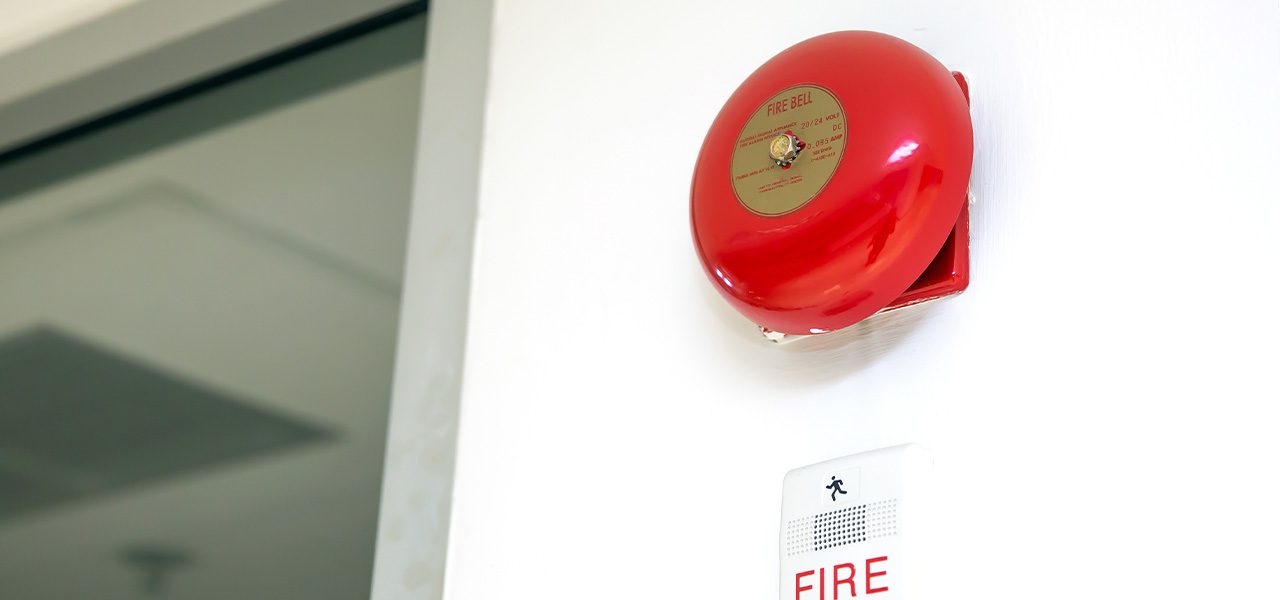MAINTENANCE OF FIRE PROTECTION, COMMUNICATIONS, SECURITY & BUILDING AUTOMATION SYSTEMS
Course Background
Fire protection is achieved in buildings through systems which detect, extinguish or contain fires. Communication systems can play an important role as a voice alarm system to make announcements during emergencies. While security systems in buildings are designed to protect human safety, prevent losses and protect assets.
All three systems provide safety to Users and must be maintained to ensure functionality when the need arises.
All three systems provide safety to Users and must be maintained to ensure functionality when the need arises.
Course Objectives
The course will provide working knowledge and an understanding of the following aspects of Security, Fire Protection and Communications system performance and maintenance and will cover:
- System Fundaments
- Types of Systems & Working Principles
- System Components & Life Spans
- Maintenance Requirements: Regulatory & Routine
- Learning from Incidents of Fire, Security Breaches & Communications Failure
Course Outline
- FIRE PROTECTION SYSTEMS
- Overview of Fire Protection Systems
- Passive Fire Protection Systems: Smoke Control (Functional Overview, Components of Systems & How They Work, Life Span & Maintenance Requirements)
- Active Fire Protection System: Rising Mains, Hose Reels, Sprinklers, Fire Alarms (Functional Overview, Components of System & How They Work, Life Span & Maintenance Requirements)
- SECURITY SYSTEMS
- Functional Overview of System
- Components of System and How They Work
- Life Span & Maintenance Requirements
- COMMUNICATION SYSTEMS
- Functional Overview of System
- Components of System and How They Work
- Life Span & Maintenance Requirements
- BUILDING AUTOMATION SYSTEMS
- Building Automation System Overview
- BAS Application: MVAC Control, Lighting Control, Security Control, Energy Conversation Control
- Maintenance of Building Automation System Overview
Who should take this course?
The course will benefit those who have a vested interest in buildings including:
- Developers
- Building Owners
- Government Officials
- Architects
- Engineers
- Project Managers
- Quantity Surveyors
- Contractors / Sub-Contractors / Suppliers
- Property Managers
- Facilities Managers
- Maintenance Managers
- Management Corporations
- Town Councils
- and Others
Course Accreditation and Certificate of Attendance
The course has been approved for 7 PDU units under the PE Board Continuing Professional Development programme. Attendance certificates will be issued; they may also be suitable for meeting the CPD requirements of other relevant professional bodies not operating a CPD course accreditation system.





